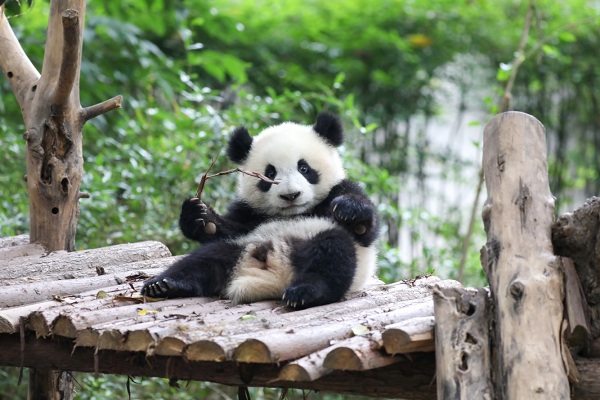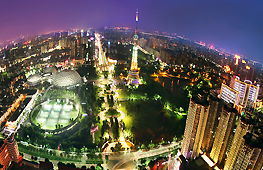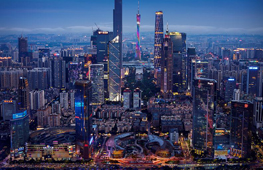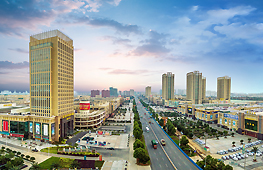Chengdu: A must-visit destination for panda fans
 |
|
A young panda plays at the Chengdu Research Base of Giant Panda Breeding in Chengdu, the capital of Southwest China's Sichuan province. [Photo provided to China Daily] |
A male giant panda cub recently born at Adventure World in Shirahama, Wakayama prefecture in Japan, has excited the people of China and Japan. It has also made Chengdu, home to the giant pandas, attract considerable attention from panda fans around the world.
Located in Southwest China's Sichuan province, Chengdu's civilization can be traced back 4,500 years, with specific sites dating back to 2,300 years ago. In recent times, the city has become a popular destination for panda fans and tourists who love traditional Chinese culture.
The Chengdu Research Base of Giant Panda Breeding, located in the northern suburbs of Chengdu, is a must-see spot for panda fans. The base was established in 1987 and has mastered the world's leading technology for giant panda research and breeding. More than 200 captive giant pandas live at the base, the largest artificial breeding panda group globally.
In addition to the captive pandas, Chengdu is also an essential habitat for wild giant pandas. The fourth national panda survey results show that 73 wild pandas live in the Chengdu area of the Giant Panda National Park.
Panda elements can be found everywhere in Chengdu, such as panda dumplings, panda dolls, panda wall paintings and a panda post office. A climbing giant panda sculpture on Chunxi Road has become a popular landmark in the city.
During its history, Chengdu's flourishing culture attracted great poets like Li Bai and Du Fu in the Tang Dynasty (618-907) and Lu You in the Song Dynasty (960-1279), all of whom have left behind a number of poems about the city.
For fans of the Three Kingdoms (220-280) period, the Wuhou Shrine Museum is a must-visit attraction, as it is China's most prestigious memorial site for the heroes of the Three Kingdoms.
Qingcheng Mountain, 70 kilometers away from downtown Chengdu, is one of the cradles of Taoism. The nearby Dujiangyan Irrigation System, built about 2,200 years ago, is the oldest of its kind still working in modern times.
Chengdu is also a paradise for food lovers. Named by UNESCO as a "city of gastronomy," Chengdu is the birthplace of many world-famous cuisines, such as mapo tofu and kung pao chicken.
The city is also famed for its leisurely lifestyle. Take a walk into the old streets and alleys, taste some local snacks, drink a cup of tea, or watch Sichuan Opera – Chengdu has unlimited charm for visitors to discover and experience.





















